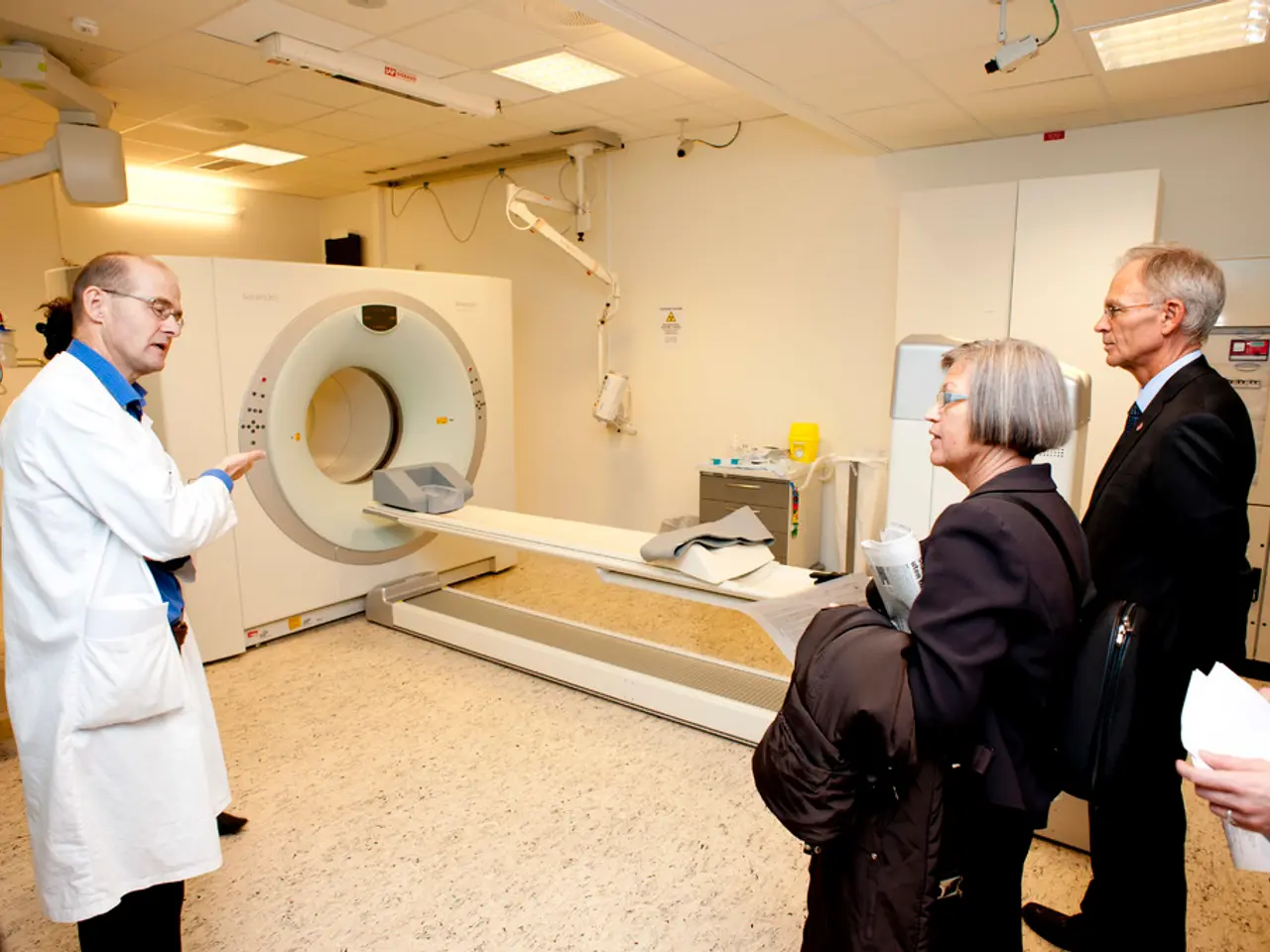Physician Sentenced to Decade in Prison for Maltreating Patients
A French gynaecologist in his 60s was recently sentenced to 10 years in prison by the Haute-Savoie Court in eastern France for raping nine patients during medical exams and committing sexual assaults against a total of 30 women who filed complaints.
The court found that the acts, which included genital penetration, unjustified rectal exams, and "vaginal massages", were sexual assault and rape rather than legitimate medical procedures. The defendant, who has denied all allegations, has 10 days to appeal the verdict.
Thirty women have come forward with complaints against the gynaecologist, with four of them accusing him of genital penetration. Others reported unjustified rectal exams and "vaginal massages" presented by the doctor as medically necessary but were actually sexualized acts with no medical justification.
The trial was particularly contentious around the issue of the doctor's intent, but all victims were heard and believed by the court. Aurelie Zakar, the lawyer for four of the plaintiffs, stated that her clients have been recognized as victims and can now rebuild their lives.
The case highlights ongoing issues in the medical field regarding abuse of professional power during medical examinations and the difficulty in distinguishing medical necessity from abuse in some cases. It adds to discussions in France about the definition of sexual assault and rape, especially emphasizing consent.
France recently passed legislation redefining rape and sexual assault as any non-consensual act, clarifying that consent must be explicit, freely given, and cannot be assumed from silence or lack of resistance. This legal reform is a significant contextual backdrop to the trial, reflecting a societal push towards prioritizing victim protection and consent.
The implications for medical exams are profound: healthcare professionals must strictly adhere to ethical standards ensuring informed, explicit consent before any invasive procedure, and patients' rights to refuse or question such exams must be respected. Medical institutions may need to strengthen safeguards and supervision to prevent abuse and rebuild trust in clinical settings.
This case, alongside similar international examples, underscores the global necessity for clear legal and ethical standards addressing sexual misconduct in healthcare and the importance of judicial accountability in protecting patients.
- The court ruling in France, sentencing a gynaecologist to 10 years for rape and sexual assault, contributes to the international discussion on combating sexual misconduct in the medical field.
- The controversy surrounding this case has emphasized the need for explicit consent in medical-conditions like examinations, as France has recently redefined rape and sexual assault to include any non-consensual act.
- This assertion gained significance from the revelation that the defendant performed genital penetration, unjustified rectal exams, and "vaginal massages" during medical-exams, actions deemed as sexual-health violations with no medical justification.
- General-news and crime-and-justice outlets worldwide will follow the appeal process in this high-profile case, as it potentially affects health-and-wellness practices, raising questions about the need for stricter oversight and stronger safeguards against sexual misconduct in the medical sector globally.




